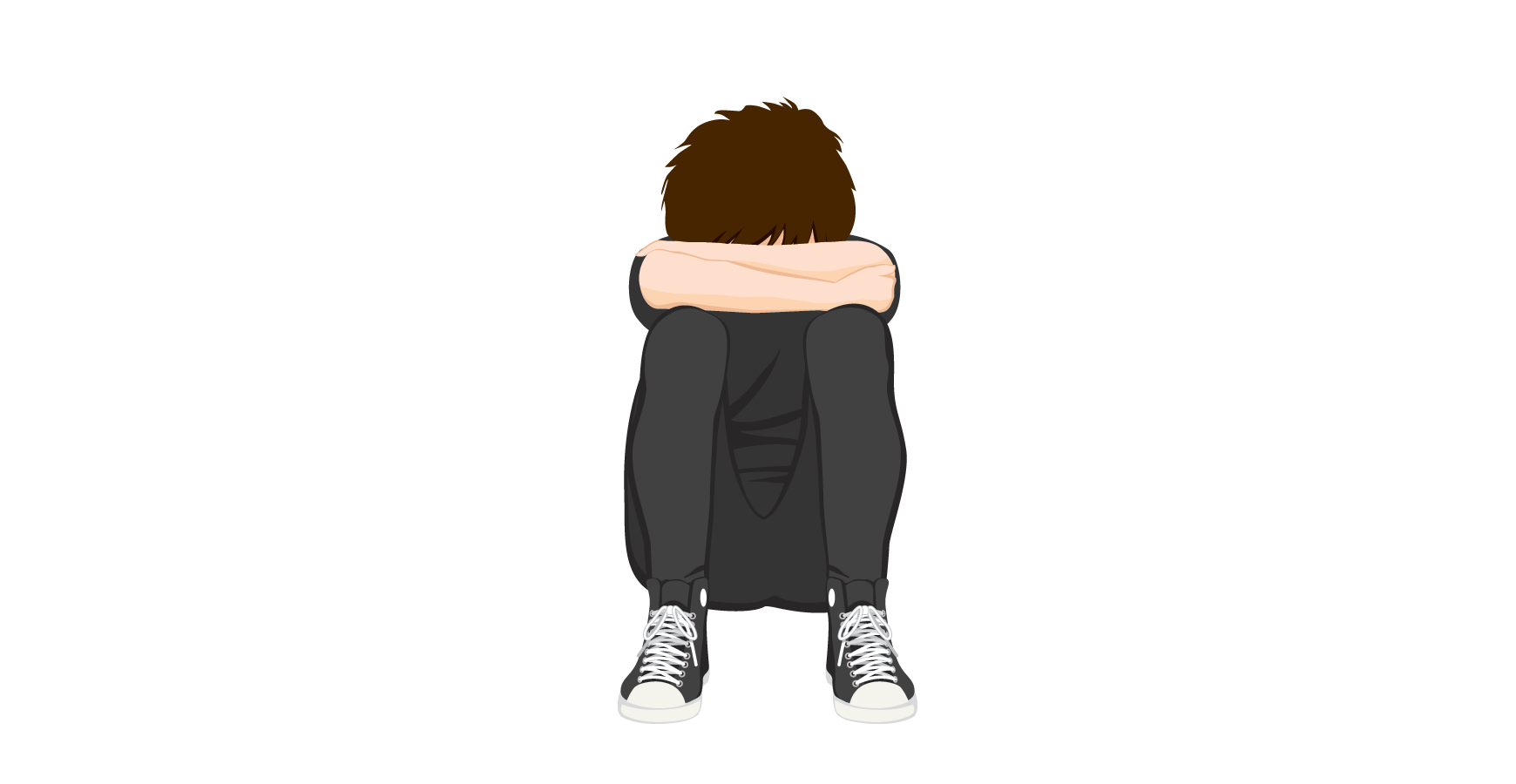

The rising level of depression in children and adolescents is becoming a matter of major concern globally, and the Sultanate is no exception.
According to medics and experts in the subject, depression can run in families, and vulnerability to adverse life events can put a young person at higher risk of depression.
“Many youngsters are under immense stress to meet rigorous school demands”, Dr Hassan Mirza, consultant child & adolescent psychiatrist, Sultan Qaboos University Hospital, told the Observer.
Being depressed is different from experiencing normal sadness. Sadness is a normal emotion experienced by everyone at some point. Clinical depression is a mental disorder that not only affects our emotions, but also our way of thinking and behaviour.
It is a state of persistent sadness associated with loss of ability to experience pleasure, restlessness, feelings of guilt, change in sleep and appetite, and at times suicidal thoughts and acts; these symptoms must be present most days of the week for at least two weeks to constitute a depressive illness.
“In SQUH, we have been observing a trend in young people who show increased signs of depression and anxiety due to mounting school and exams pressure” says Dr Hassan.
According to him, bullying, and especially cyber-bullying has risen significantly and is a major contributing factor in development of depression in children.
“We, at the Child and Adolescent Mental Health Services in SQUH liaise closely with schools to mitigate such risks, and offer the necessary help and support to any young person experiencing emotional difficulties”, said Dr Hassan.
Children with a family history of depression are at a higher risk of becoming depressed.
If the parents are suffering from depression, they are likely to develop the initial episodes of depression earlier than those children who are not facing such problems.
Detecting depression in kids and adolescents who are away from home can be difficult.
Some depression symptoms, like uncharacteristic sadness and crying, are straightforward, but others, like trouble concentrating and irritability, are less so. People with depression also tend to isolate themselves and take less pleasure in things they used to enjoy.
Also, children and teenagers who are into drugs and substance abuse are also prone to depression.
The symptoms of depression in a child can vary. Early medical studies masked depression where the mood of the depressed child was seen as acting out or displaying angry behaviour.
Still, Dr Hassan says, “depression is a manageable condition with favourable outcome, especially when detected early, and with the right support from school, family and mental health professionals”.
More than moodiness, it can also affect all parts of a child’s life, including behaviour, appetite, energy level, sleep patterns, relationships and academic performance.
With regard to specific treatments, that depends on the severity of depression and what sort of an impact it is having on the child.
“In mild cases, a form of talking therapy called cognitive-behavioural therapy (CBT) is offered to the child with support from the family. In moderate to severe cases, medication may be needed in combination with therapy”, he adds.
The basics for good mental health include a healthy diet, enough sleep, exercise, and positive connections with other people at home and at school.
SAMUEL KUTTY
Oman Observer is now on the WhatsApp channel. Click here



